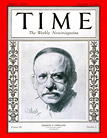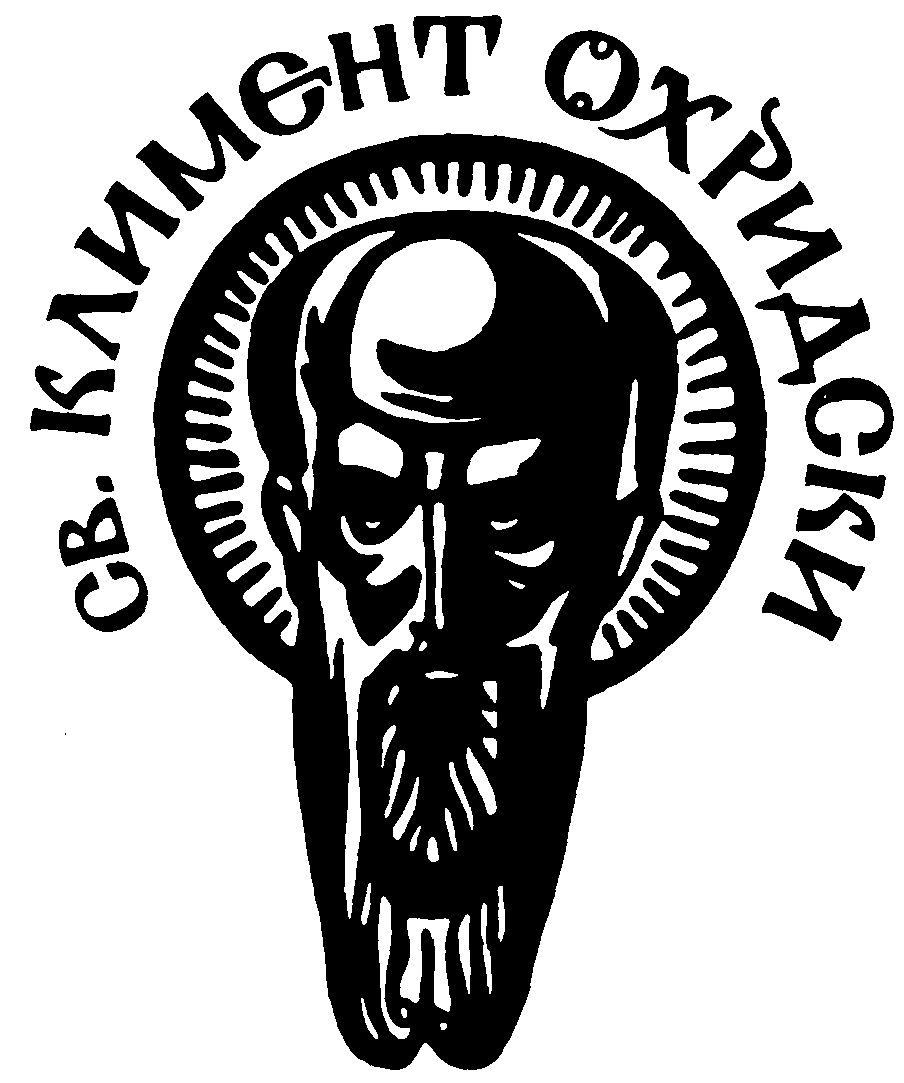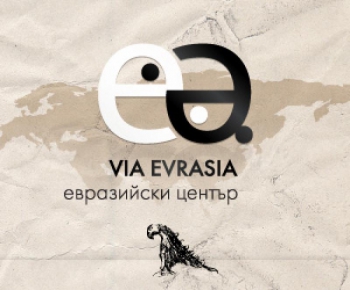ALBANIA: Blatant Accusations. - Time, Monday, Jan. 17, 1927, електронен архив
Изпратено от admin on Ср., 10/12/2014 - 01:42
 ALBANIA: Blatant Accusations
ALBANIA: Blatant Accusations
 ALBANIA: Blatant Accusations
ALBANIA: Blatant AccusationsTime, Monday, Jan. 17, 1927
At Scutari the Archbishop of Albania, Monsignor Mjeda, declared last week, ex cathedra: "The recent Italo-Albanian treaty of Tirana (TIME, Dec. 13) is an outrage, and reduces Albania's independence to nullity."
Simultaneously there were insurrectional demonstrations against the treaty at Prostripa, ever a rallying point for the Moslems, who make up over two-thirds of Albania's population.
The gravity of these developments was enhanced when Le Matin in Paris and the Herald Tribune in Manhattan published simultaneously what purported to be an exposé of the circumstances under which the treaty was negotiated and signed. The Matin-Tribune articles declared:
1) "Indisputable evidence exists that the broad outlines of the Italo-Albanian treaty were drawn by these two statesmen [Premier Mussolini and the British Foreign Seccretary Sir Austen Chamberlain] during their famous meeting on Chamberlain's yacht* off the Italian coast at Leghorn in early October" (TIME, Oct. 11). 2) The previous British policy of upholding Albanian independence was scrapped as long ago as last June, when the British Minister to Albania, William O'Reilly, and Mr. Robert Parr, chargé d'affaires for many years, were both recalled from Albania and succeeded by the present Minister, William Seeds. 3) The Italian Minister to Albania, Baron Pompeo Aloisi, allegedly transmitted through his office "two black bags filled with Italian money" which arrived from Italy addressed to President Zogu of Albania while the treaty was pending. 4) President Zogu has allegedly informed the Jugoslavian chargé d'affaires, M. George Colombatovitch, that he had no choice but to sign the treaty, since the Italians had perfected means to foment a revolt in Albania which would have swept him (Zogu) out of power had he refused to sign. 5) Signor Mario Alberti, Director of the Banca di Credito Italiano, who arranged a loan to Albania 18 months ago, is alleged to have arranged with the Albanian authorities for a text of the agreement in Albanian differing from the binding text in Italian. Allegedly the Italian text (the "real" text) provides for interest at 13%, instead of 7½% as in the Albanian version, and by other clauses virtually places the Treasury of Albania under the thumb of Italian bankers.
Significance. Le Matin and the Herald Tribune printed flat denials of their expose by officials of the British Foreign Office, side by side with the expose itself. The question of real significance is not whether the charges are true .or false, but whether any League member state will attempt to secure denunciation of the Treaty of Tirana when it is deposited with the League of Nations. If that point is raised, and if Great Britain stands behind Italy in quashing denunciation, the drift of events will be sufficiently clear.
*Borrowed from Sir Warden Chilcott



















